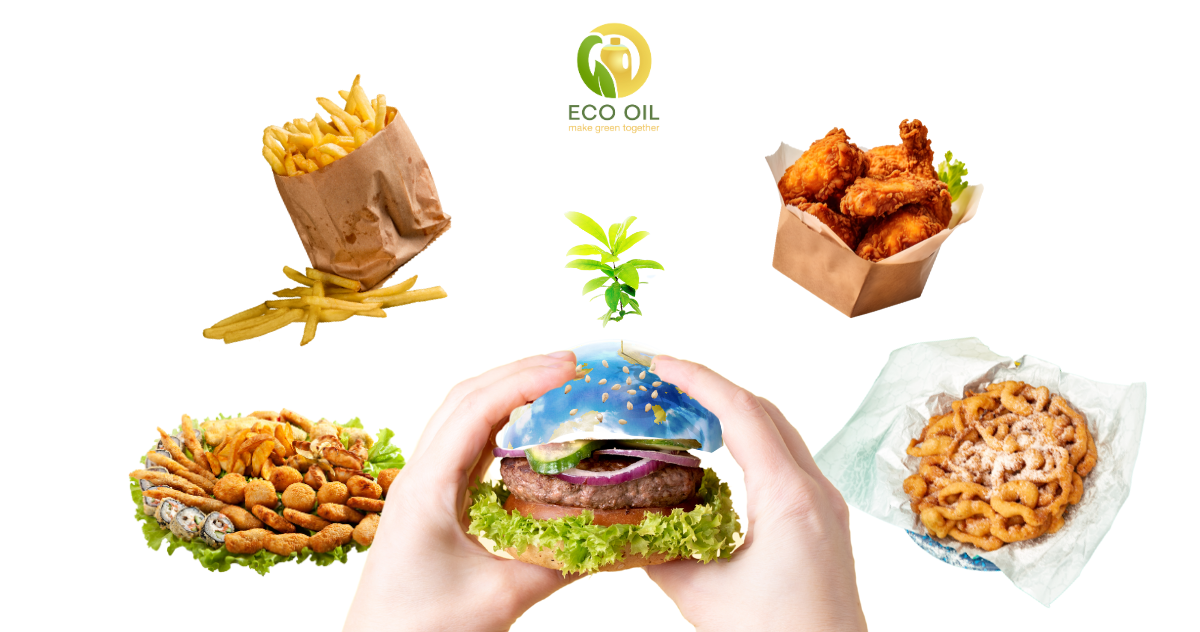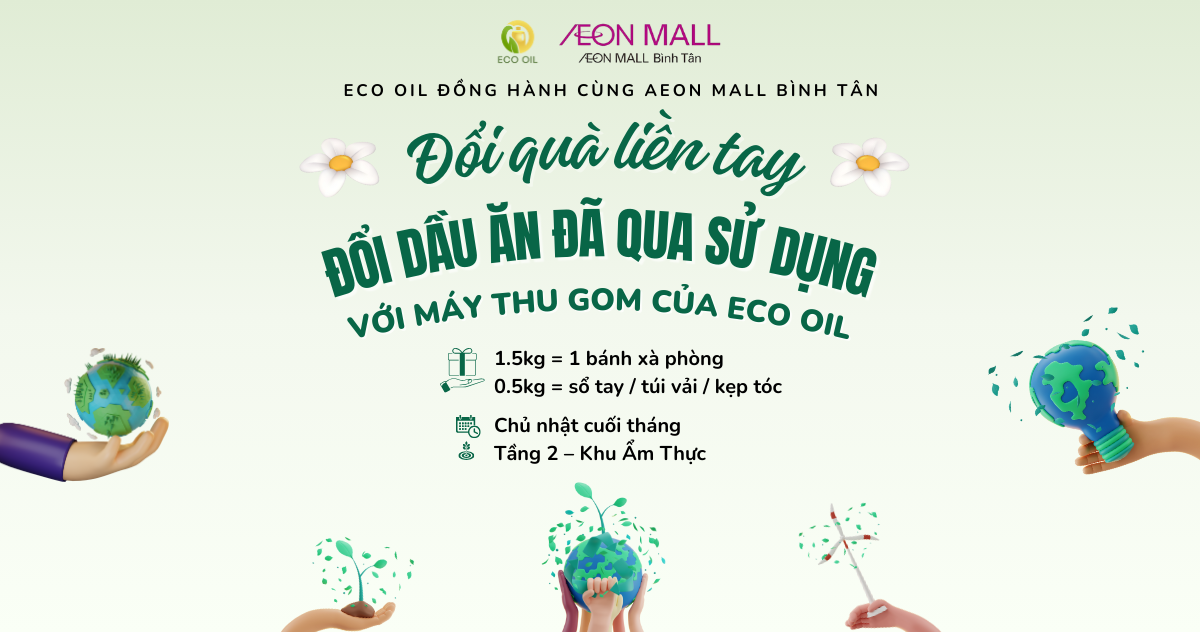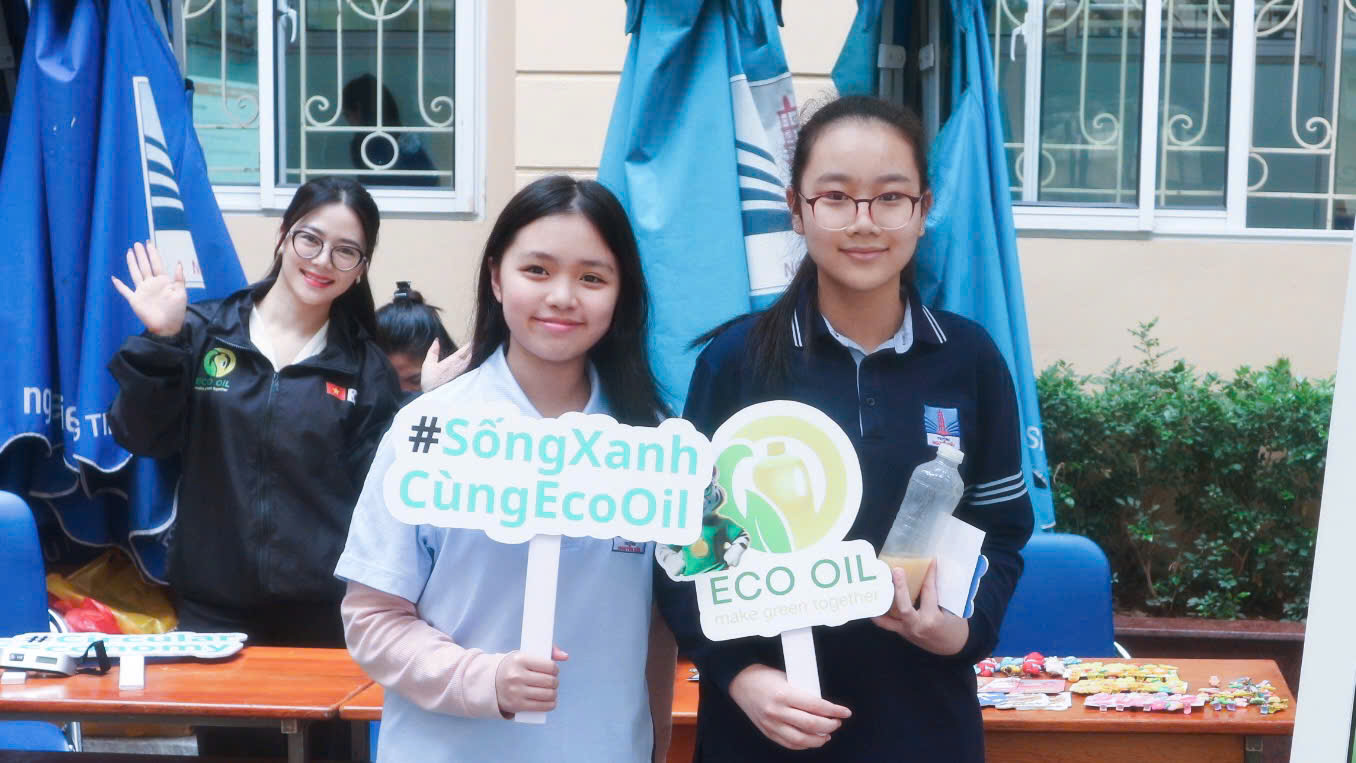
The Harmful Effects of Used Cooking Oil on Human Health and the Environment
We all care for our bodies and try to limit the uncontrolled consumption of oils and fats. It’s widely known that excessive intake of unhealthy fats can be harmful. Excess fat in the body can clog arteries, raise bad cholesterol levels, and lead to serious conditions such as heart attacks. Harmful fats have also been […]
We all care for our bodies and try to limit the uncontrolled consumption of oils and fats. It’s widely known that excessive intake of unhealthy fats can be harmful. Excess fat in the body can clog arteries, raise bad cholesterol levels, and lead to serious conditions such as heart attacks. Harmful fats have also been linked to obesity, diabetes, and can impair vital organs like the liver.
Environmental Impact of Used Cooking Oil
But have you ever thought about the impact that used cooking oil (UCO) has on our environment? UCO is one of the major environmental challenges of modern life, especially in densely populated urban areas. Large-scale oil use by snack manufacturers, F&B businesses like hotels, restaurants, food vendors, and street stalls results in the discharge of hundreds of tons of UCO without proper treatment or management plans.
The volume of UCO waste varies significantly by region and establishment. In countries like India, the United States, the European Union, the United Kingdom, and Canada, large amounts of UCO are generated annually, with hotels and restaurants being major contributors. A study in Indonesia revealed that households in Kebon Kopi village discharged an average of 9.42 liters of used oil per year, totaling about 3,118.44 liters for the entire village. In Chapeco, Brazil, commercial restaurants reportedly discharged around 450 liters of oil weekly—more than 85% of which was managed through proper recycling or reuse processes. This emphasizes the importance of proper UCO management and recycling to reduce environmental pollution and promote sustainability.
Specific Health and Environmental Hazards of UCO
Reprocessing used cooking oil and reselling it to food vendors is a serious public health issue. Reused oil tends to break down into harmful trans fats, which are known to negatively affect human health. Consuming such oils can significantly increase the risk of chronic diseases.
Additionally, uncontrolled disposal of UCO into drains and sewers leads to serious environmental problems. It causes blockages in sewage systems and lowers the efficiency of wastewater treatment plants.
When UCO reaches natural water sources, it severely damages aquatic and marine environments. It forms an oily layer that suffocates fish, birds, plants, and other aquatic life. UCO also contributes to water pollution by increasing the Biological Oxygen Demand (BOD)—a measure of the oxygen required to break down organic matter in water. A high BOD means more oxygen is needed, causing bad odors and creating ideal conditions for harmful bacteria to thrive.
As public awareness about the health risks of reusing cooking oil increases, more people are discarding UCO after each use. While this reduces health hazards, it also leads to greater environmental pollution due to improper disposal.
Policies to Reduce UCO’s Environmental Impact
Caring for our health is essential—but so is protecting the health of our environment. Unfortunately, this concern is often overlooked when it comes to UCO disposal. However, small actions can lead to big changes. The Government of India has taken proactive steps to address this issue. In 2018, the Food Safety and Standards Authority of India (FSSAI) issued guidelines outlining Standard Operating Procedures (SOPs) for the handling and disposal of UCO. These SOPs clearly state that UCO must not be discharged into sewers or drains. Instead, it should be disposed of in an eco-friendly manner—preferably by delivering it to authorized collectors registered with state biodiesel boards or the Biodiesel Association of India.
One of the most effective and sustainable solutions is to recycle UCO into environmentally friendly biofuel. Eco Oil has embraced this solution—not only to protect the environment but also to unlock commercial value and promote a circular economy. Biodiesel is a clean energy source that can replace fossil fuels and reduce harmful emissions.
Join Eco Oil in protecting our planet and creating a greener future. By recycling UCO responsibly, we contribute to a cleaner environment and a healthier world.


 Vi
Vi



